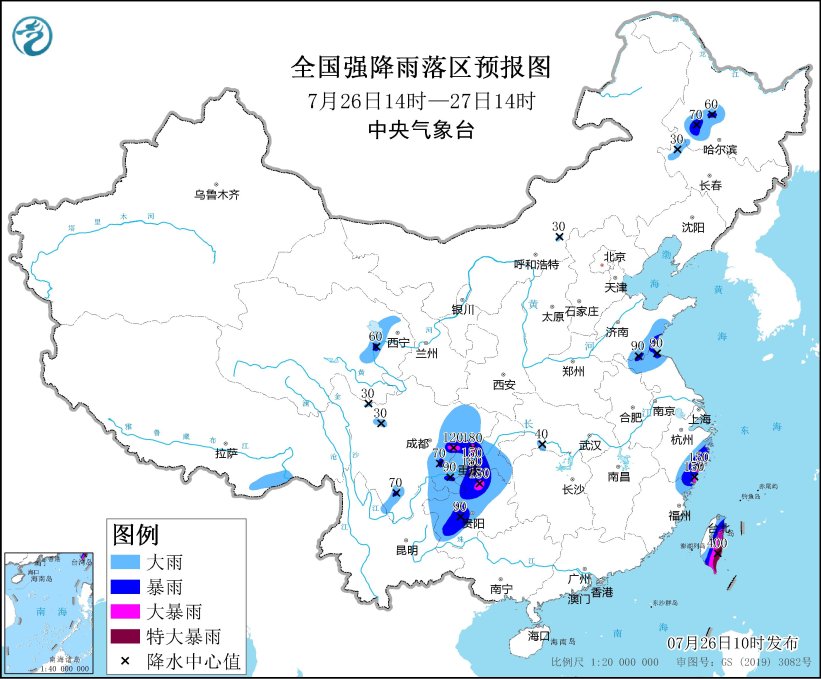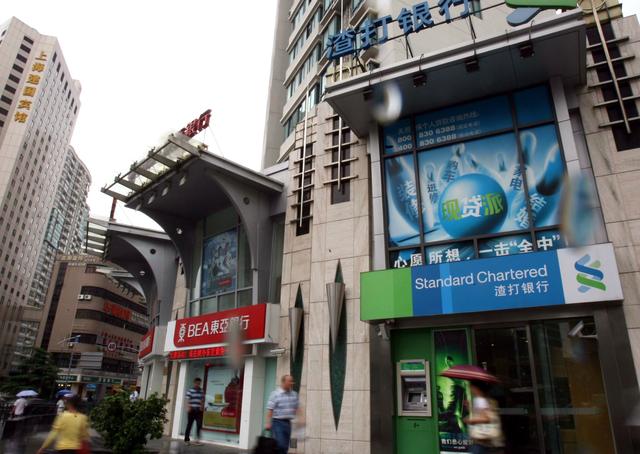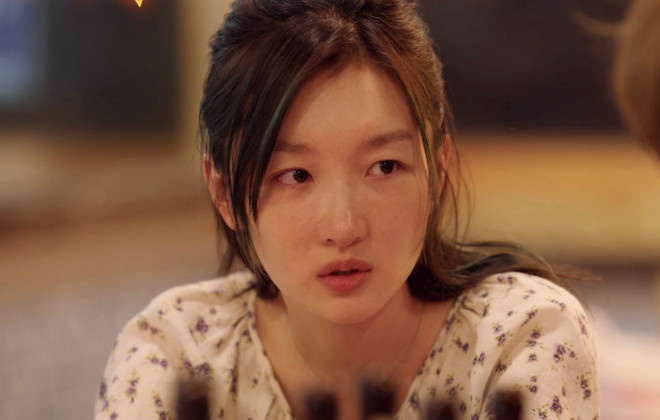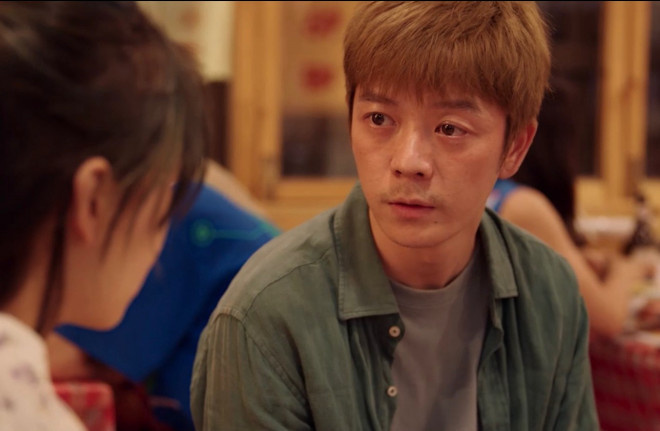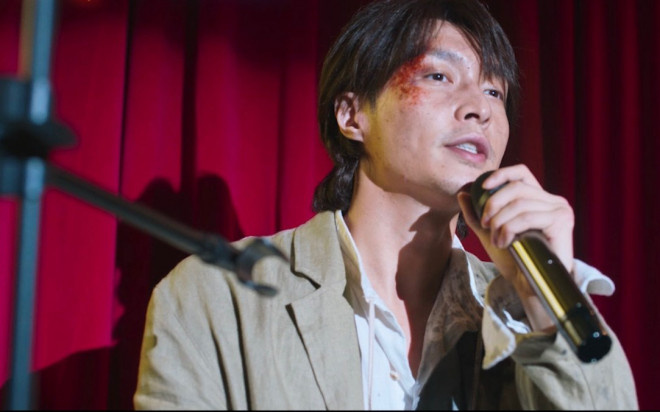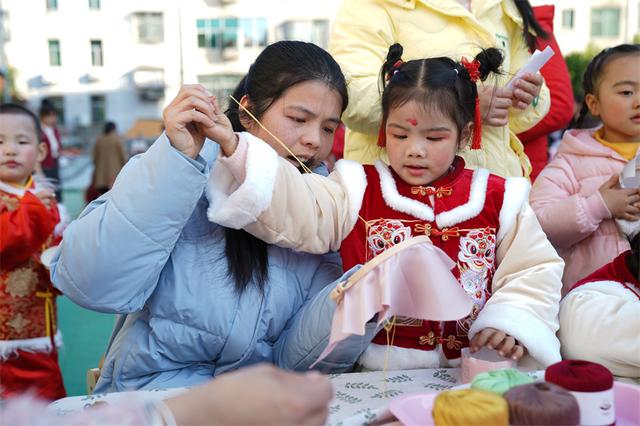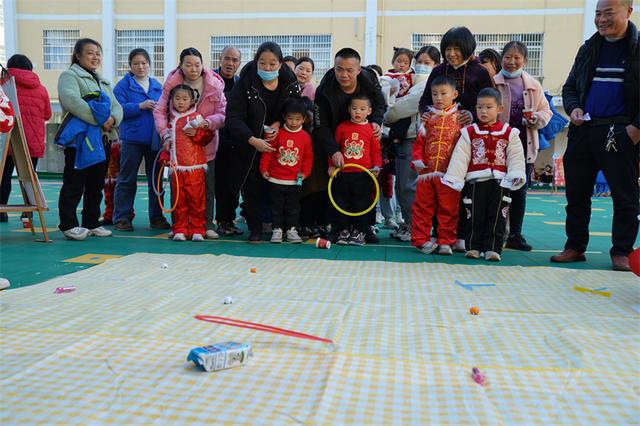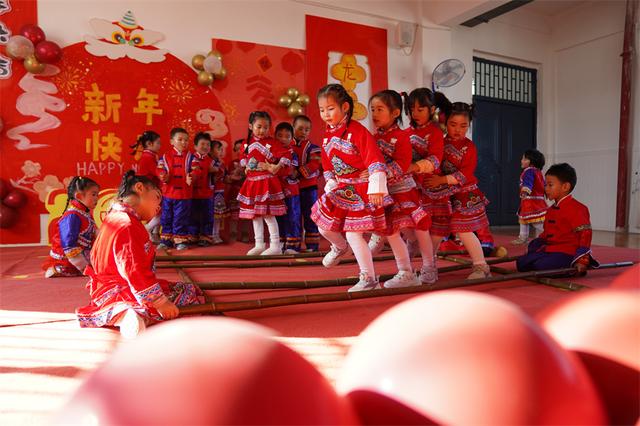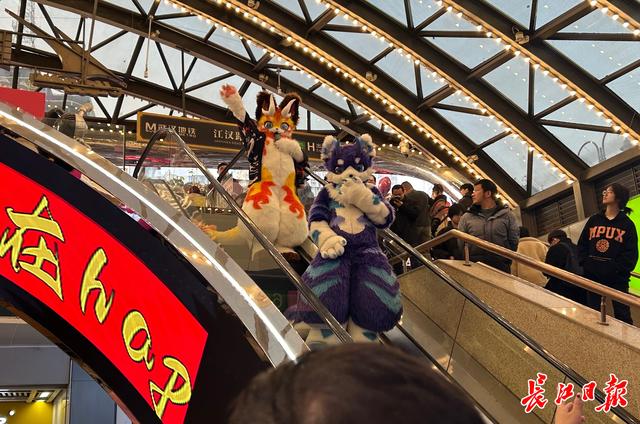In addition to beautiful little brothers and sisters in Korean dramas, there are scenes that will appear in almost all Korean dramas, that is, whether it is barbecue or fried chicken, whether it is a happy event or trouble, wine alone or dinner (just look at underage relatives and friends, hahahahahaha) ▼

If you drink too much, you can not only express your feelings through alcohol ▼
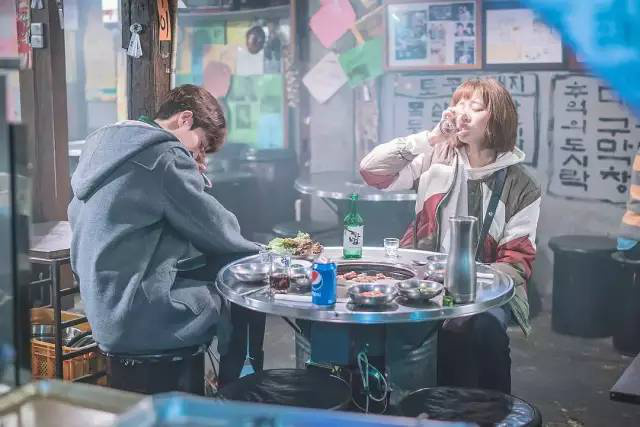
Sister Yu becomes smaller and cuter ▼
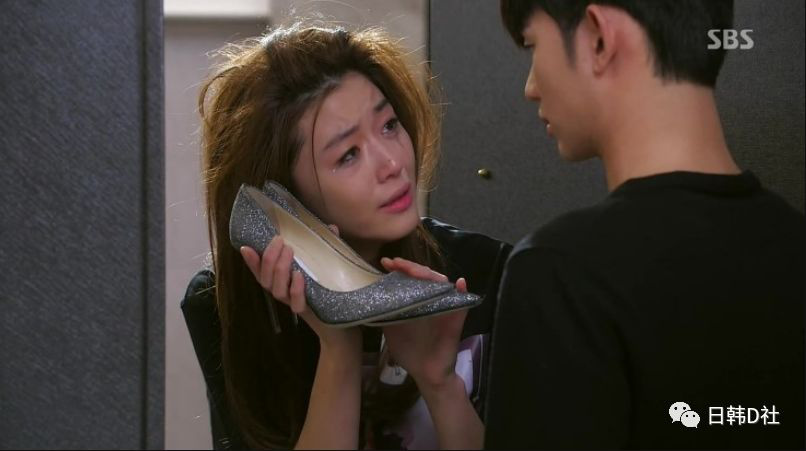
Courage becomes fat ▼

Can also assist love, ▼

Successfully counterattack and win friends who have been embarrassed for many years ▼

However, Korean dramas are Korean dramas after all, and people who drink too much know the pain of getting drunk, so they still have to do what they can ~
In South Korea, the most direct criterion to test whether a star is red or not is advertising endorsement, especially the national fried chicken and alcohol advertisements. Among female stars, besides cosmetics, being able to endorse another product is a symbol of high popularity, and that is the indispensable thing for Koreans on the wine table-shochu. ▼

Part1: the debate of soju model, from tough guy to love beans,
The competition in the Korean shochu industry is extremely fierce, and the spokesperson has become an important part, which directly determines the sales volume. Just walk into a restaurant and there are either beer advertisements or shochu advertisements on the wall.
It is said that because men love soju more, most of the advertisements for soju are female stars; Women prefer beer, so beer advertisements are mostly male stars. The criterion for the president to choose cass and hite is to see which one speaks for it, and suddenly it makes sense. ▼

In the early years, male stars were also used in the advertisements of shochu. Just like the original shochu, the entrance was rich, like a middle-aged man who was still in Do not forget your initiative mind after experiencing the world. At that time, the wine bottle was not green. ▼

After that, I experienced a period of actor endorsement and popular actress endorsement, and the Korean drama was in its heyday ~
It is said that when using an actor, the sales volume of soju is low. ▼
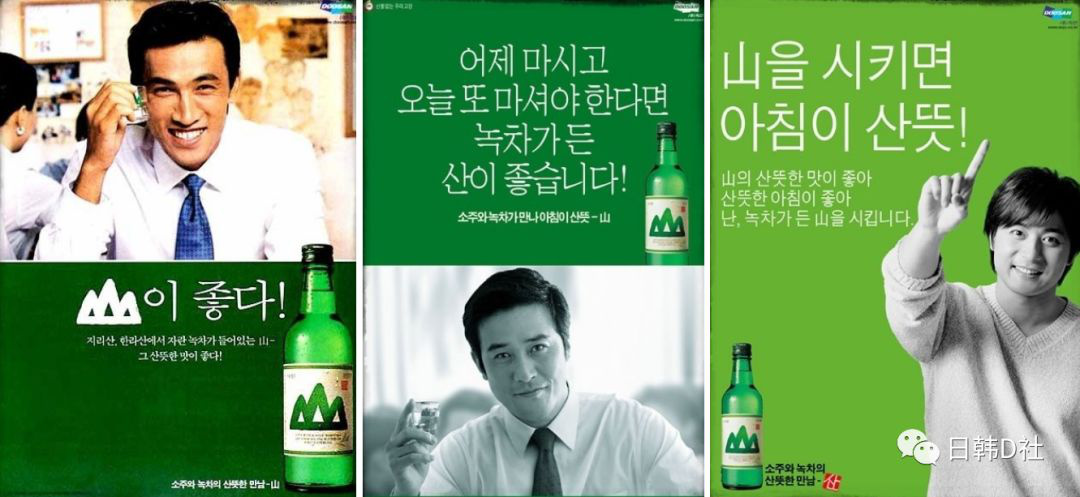
Later, I had to rely on actresses to save it, and the merchants’ research on users’ psychology was also very thorough, and they kept embracing changes ~▼

The spokespersons are almost all actresses, and the advertising pictures are also very cool. Can you recognize all these young ladies? ▼

I saw Park Min Young ▼ who had not yet become a gold secretary.

And Anglenala, who is still a bright girl ▼

Part2: From the trend actress to the popular woman who loves beans, it depends on whether it is red or not.
(* The following brand endorsements are incomplete statistics, excluding sub-brand line endorsements and short-term joint endorsements)
When it comes to shochu, we have to talk about the brand of shochu. As a traditional brand with a long history in Korea, Zhenlu has a very high advantage among Koreans in terms of market share and brand image.
1. True dew
Korean traditional brands are true, and the previous spokespersons are also very well-known national artists.
Li Yingai (1998 ~1999), Park Zhumin (2001), Jin Zhenen (2002), Ji-yeon Choi (2003), Jin Taixi (2004), sung yuri (2005), Sang-mi Nam (2006), Jin Yazhong (2007) and Jin Minzhen (2007).

Li Yingai, whose "Dae Jang Geum" was popular all over Asia, became the first female star to endorse shochu in 1999, and chose Zhenlu Company in Li Yingai, and the sales volume of alcohol quadrupled in one year. ▼

A closer look shows that these spokespersons are the most popular Korean drama actresses in those years, which is simply a chronicle of Korean drama ~
I especially like Miss Jin Taixi ▼

During the period, there were also various attempts to join male spokesmen and men and women to speak together. ▼

Until 2014, the national sister IU began to be the spokesperson ~
IU(2014 -2018)▼

In 2014, the old brand shochu Zhenlu made a change, targeting young people, and the spokesperson was replaced by a lively and fresh national sister, IU.

In 2018, in order to strengthen female consumers aged 20-30, Park Seo Jun, a man of great trend, was added as the co-spokesperson.

IU is the longest-lived brand spokesperson of Zhenlu. At the end of the endorsement, I was also given a gold dress with the name of IU to thank Zhenlu.
Irene (2019-present) ▼

In December 2018, Irene, the captain of SM women’s group Red Velvet, became the new spokesperson of Zhenlu. At that time, the popular candidates judged by netizens included Zheng Caiyan, who was born in proudce101, Yuner and singer Xuanmei.
Brand means Irene is very suitable for the brand image of "pure as dew", and I hope her image will attract more young consumers.
The advertisement is also really beautiful ~ ▼

About Irene’s drinking capacity, there was once.Completely inedible and particularly inedible.In two ways, she once revealed her drinking capacity in the program. In her heyday, she could drink three bottles of soju, but she could not drink beer and red wine.
2, the first drink and the first music ()
In 2006, the first drink, the first music () and the good drink () came out and joined the brand war of shochu ~
The young first drink and music became the competitors who kept catching up with the real dew, behind which was Lotte Group, the fifth largest consortium in Korea at that time. As the biggest competitor of Zhenlu, the first drink and the first music successfully reversed the company’s situation by relying on advertising stars, completely breaking the situation that the Korean drama hostess occupied the shochu advertising market, and the sexy and bold style was deeply rooted in the hearts of the people.
In 2006-2007, the main spokespersons were actors such as Li Yingya and Hye-seon Ku, and later joined Lee Hyo Ri.

"The Queen of Soju" Lee Hyo Ri (November 2007 ~ April 2012) ▼

After renewing the contract for 8 times, the market share of Chuyin Chule rose to 15% in five years. In five years, Chuyin Chule Company sold 2 billion bottles of shochu. So far, whenever it comes to shochu, it will definitely think of Lee Hyo Ri, a veritable "queen of shochu with goods".
Merchants even put a photo of Lee Hyo Ri on the bottom of the glass, so that men can meet their goddess after drinking.
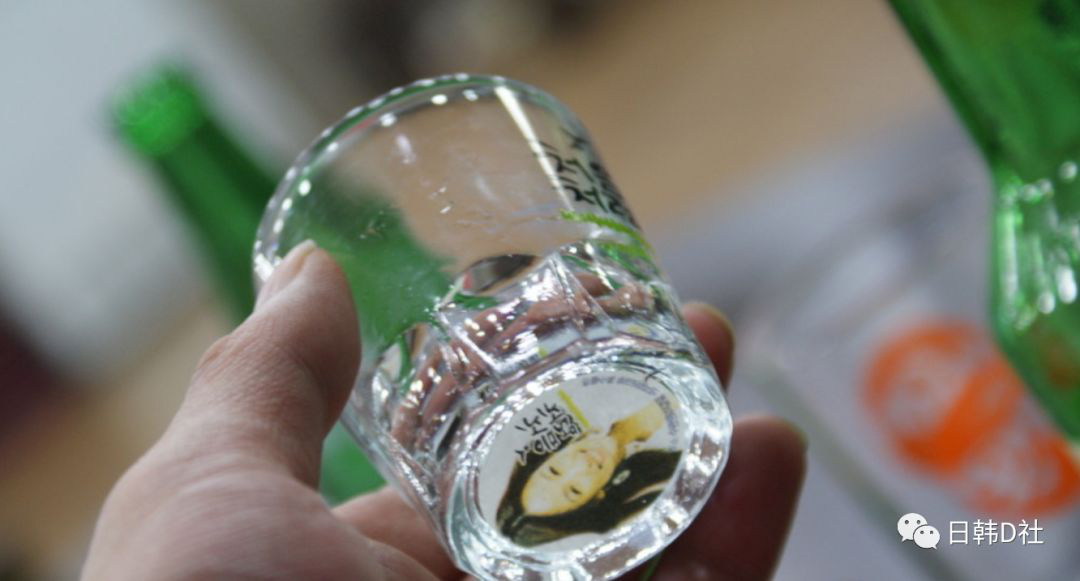
Hyolyn, Koo Hara and Hyun-a Kim (2013) ▼

Gao Junxi (2013) ▼

Shin Min A (2014 -2016) ▼

Xiuzhi (2016-present)
In recent years, Xiuzhi, the first love of the people, has been chosen as the spokesperson, hoping to win a broader consumer group. ▼

But I really didn’t understand the recent "dadada dadada" advertisement ~

Hao Tian Hao Yin ()
Early spokespersons included actresses such as Han-byeol Park, Zhao Yunxi and Su-jin Park. ▼

My favorite is Park BoYoung (2016-2017), cute and playful ▼

Advertising is also very playful, always thinking of the classic image of a little cook ~ ▼

In 2018, the speaker was Son Na Eun, a member of Apink ▼

Teacher Bai Zhongyuan, the food king, has also endorsed it. In 2019, the latest spokesperson was changed to proudce101, and Se Jeong, a member of gu9udan, ▼

It seems that the spokesperson of shochu has begun to enter the era of women’s groups and love beans.

Most other brands also choose female stars as spokespersons.
I saw "Please Answer 1988", Miss Deshan Huili (Maple Leaf Soju) ▼

In 2018, someone made a map of Korean shochu brand. Which spokesperson do you prefer?
Ps: Mom Wood is really red in 2018 ~ ▼
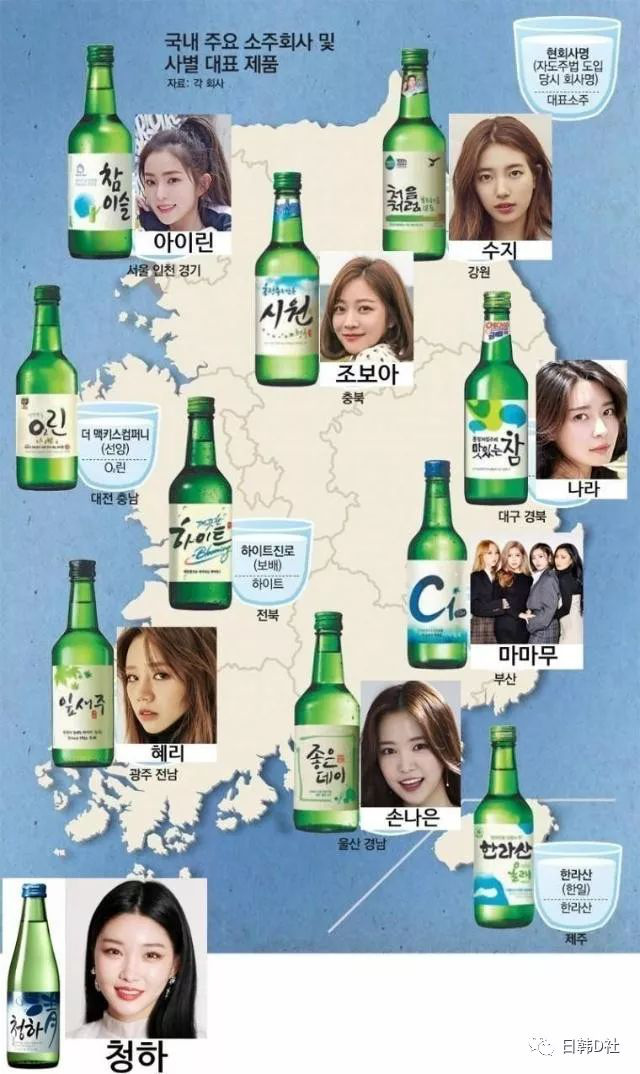
Part3: users first, consumers decide the change of taste.
The taste of shochu is similar. In order to compete in sales volume and attract more users, shochu company constantly ponders its sales strategy. In addition to changing advertising models according to the market, it also makes many changes to the degree and taste.
Wit merchants and drinkers have also carried out various transformations on shochu, such as steamed dumplings (bomb liquor = shochu+beer) ▼

If you can perform a stunt at dinner, you are definitely the most beautiful boy in the team ▼
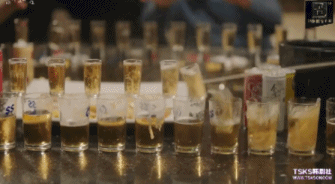
However, friendly reminder, although steamed dumplings can neutralize the tastes of two kinds of wine and give birth to new tastes, no matter where the wine is mixed, it is easier to get drunk, so don’t try it easily ~

Mix fruit, red vinegar, drinks, etc., reduce the degree in disguise and update the taste ▼
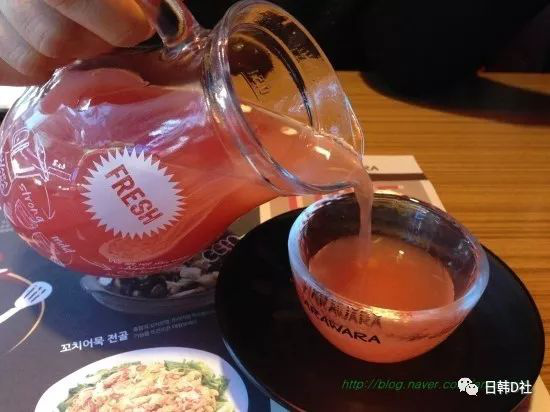
Lotte conducted a survey on 4,400 drinkers from October 2013 to October 2014. Consumers expressed dissatisfaction with the taste and aroma of shochu, and many people expected it.Low-alcohol liquor with reduced alcohol smell and bitterness.Fruit wine is ready to come out ~
Therefore, in 2014, Chuyin Chule introduced grapefruit shochu with grapefruit juice, which became the pioneer of fruit shochu.
In May 2015, a series of fruit wines were produced, which reduced the original 16.6-degree wine to 3.3~13.5 degrees. After that, various companies began to challenge fruit wines in a fancy way, and the latest one was the oldest true dew (September 2016).
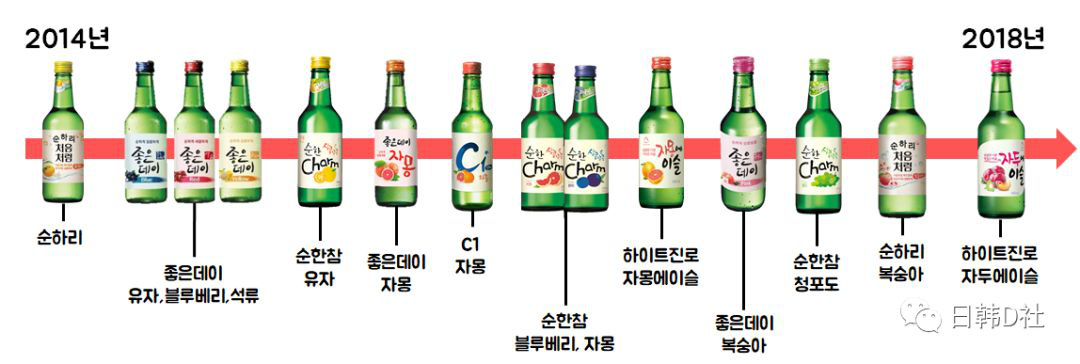
Although the real dew is late, there are still many directions to try. For example, for people who like soft and sweet taste, the peach soda wine dew is tooting (), and the alcohol content is only 3%. The image of IU in the advertisement is deeply rooted in people’s hearts. ▼

Like the president, who is not used to the bitter taste of shochu, and who wants a drink because of watching a Korean drama by Amway, the fruit wine is perfect, but the taste of the goose is more like a soda drink. After drinking it several times, she gave up.

I wonder what everyone likes to drink?




